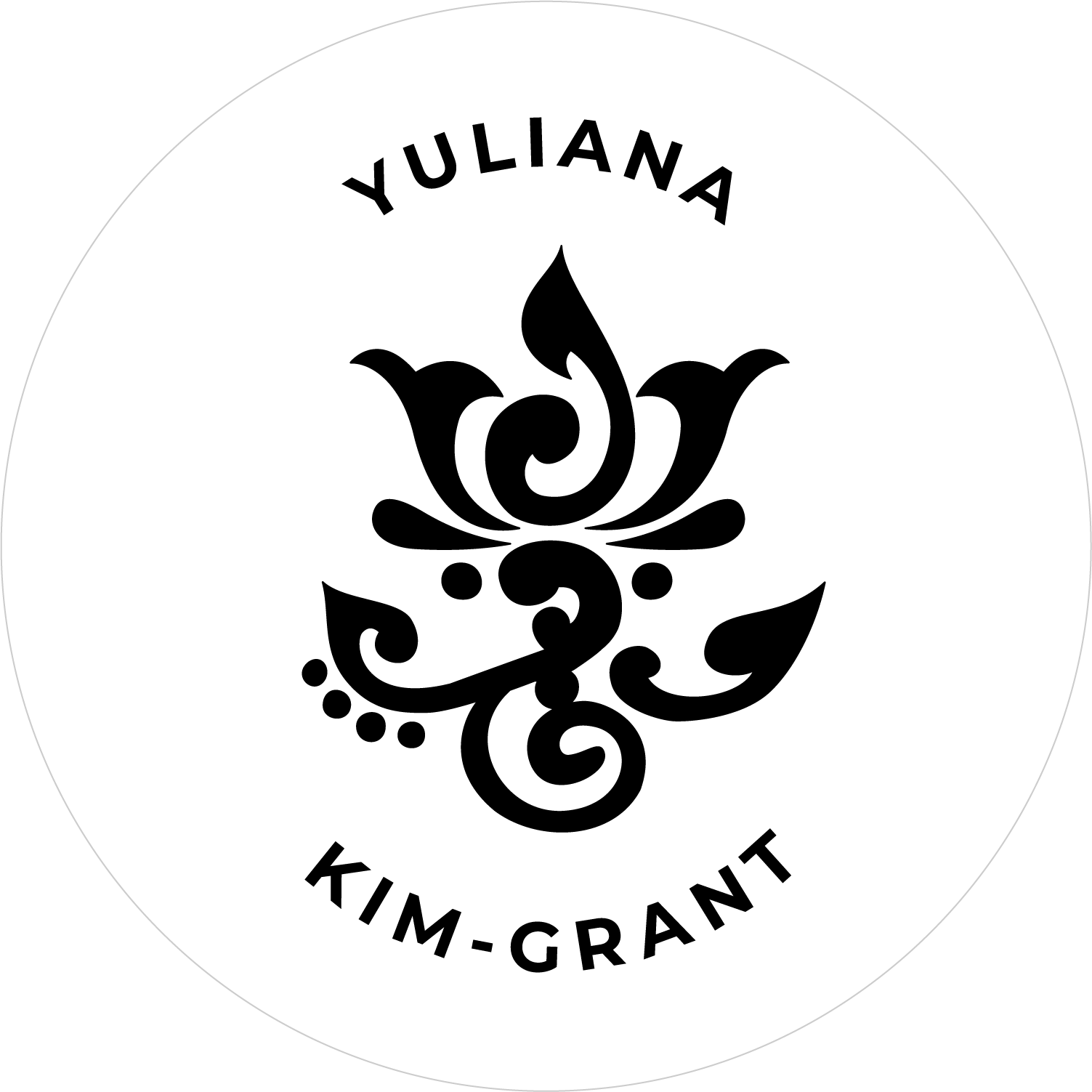Being Idle is Reading?
This month’s mantra of “being idle is good” was inspired by two books that discuss the countless benefits of simply doing nothing. This idea of doing nothing and being idle elicits a fair amount of judgment in a country that views work as one of life’s virtues. It was a Socialist, Robert Owen, who coined the phrase, “Eight hours labor, eight hours recreation, eight hours rest,” thereby providing a motto for the labor movement in this country. Eight hours for a workday sounds almost quaint since most Americans work in excess of eight hours. Given our country’s devotion to the holy virtues of working, it’s not hard to understand how reading is now viewed as a passive act when reading had been viewed as an active pastime for hundreds of years, even if one was sitting or lying down and not moving.
The relegation of reading as passive tells us that any activity involving the mind is, someway, viewed as somehow less strenuous and taxing than that of physical activity; that the body is somehow superior to the mind. I suppose I shouldn’t be surprised or disappointed by this since we are a country that disdains intellectualism of any sort.
There are courses that make distinctions between ‘passive’ reading versus ‘active reading’. These courses teach us that ‘passive’ reading is when one merely allows the eyes to move over the page, while ‘active’ reading is when you are using a pen to underline and perhaps write things in the margins. This distinction is made without an ounce of irony. If it weren’t so disturbing, it would be incredibly amusing that any aspect of reading can be defined as passive. I may not read with a pen in hand, although I do like to underline beautiful passages of books I am reading, the act of reading is one of the most active things I do on a daily basis, this coming from a yoga teacher/therapist and a yogi who practices yoga. Reading is how I allow my mind to imagine, to draw conclusions, to ponder questions that may not be answerable, to luxuriate in words I know or may not have known, and to follow a narrative to wherever it will lead. There is no movie that can take the place of a world that I can picture with the aid of my own creativity and the writer’s direction. Bar none. I suppose the one caveat is the BBC’s 1995 miniseries of “Pride and Prejudice,” which was the first screen adaptation that nearly matched what I had read and imagined the hundred times I had read this novel.
Therefore, you could draw the conclusion that in order to be able to write, one must read. And read some more. And read some more. At least that has been the long-held belief by all writers and was certainly espoused in my MFA program. I know when I am getting ready to write something new, I will spend a great deal of time reading and thinking about things to read, as if the reading was the warm-up exercise for the actual race itself.
So, as this month’s mantra is about the importance and virtue of being idle, I will allow the definition of reading as a passive act to take precedence. As I lie on my favorite chaise lounge, a book in front of my face, I will view reading as part of my plan to be idle, even if I know how active my mind will be for those hours and hours long after I have closed the book.
